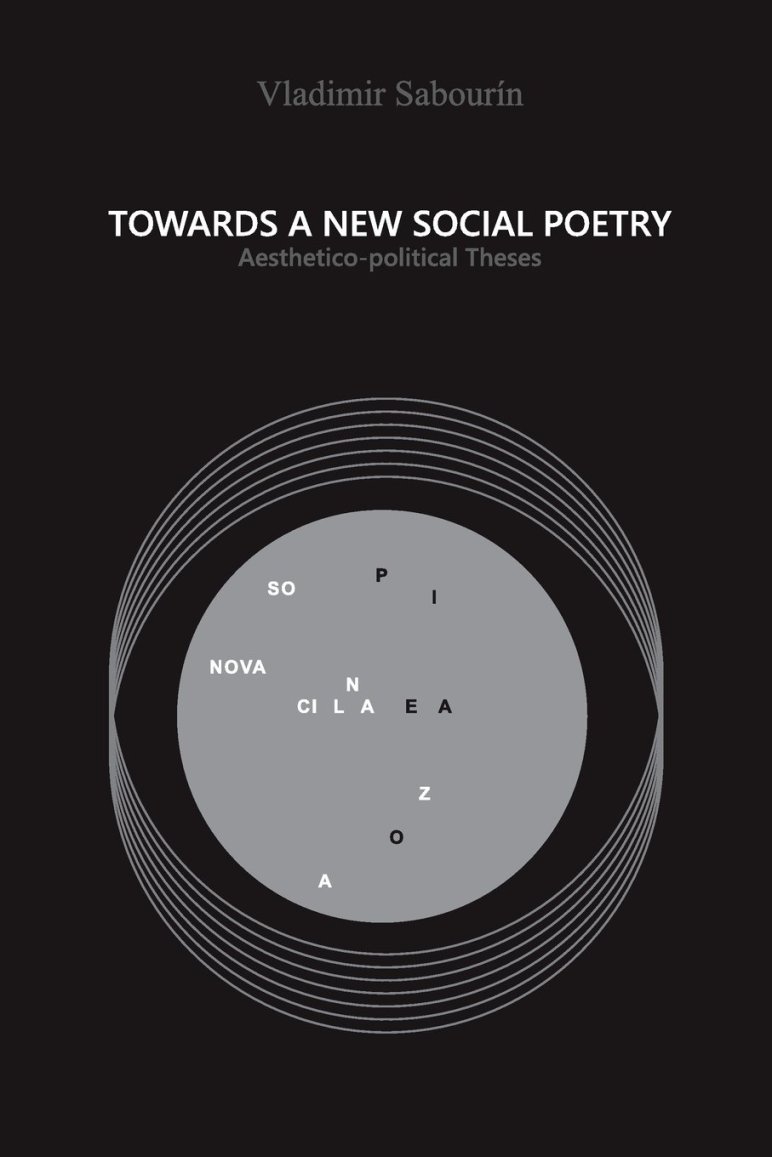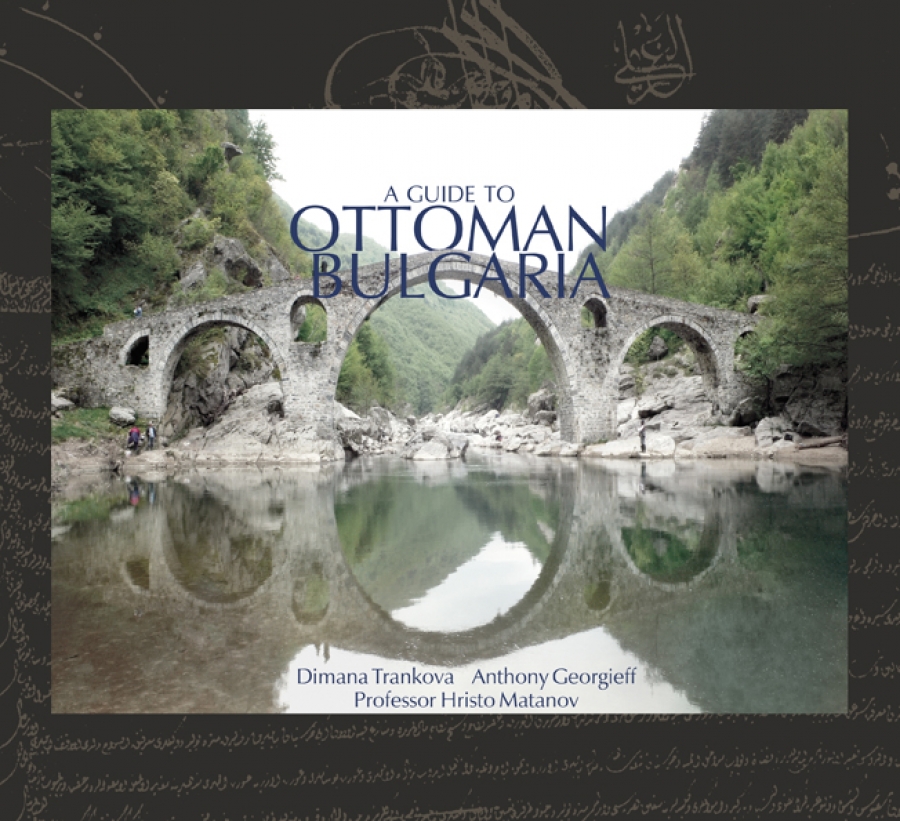Christoph Hein ist ein Autor, den ich sehr schätze. Über seinen Artikel in der Süddeutschen Zeitung vom 24. Januar “Warum ich meinen Namen aus “Das Leben der Anderen” löschen ließ” (ein Vorabdruck aus einem bald erscheinenden neuen Buch von ihm) habe ich mich aber sehr geärgert, beim zweiten Lesen sogar noch mehr als beim ersten.
Zunächst: ich will hier gar keine Filmkritik zu „Das Leben der Anderen“ schreiben. Wie bei jedem Film, Buch oder sonstigem Erzeugnis im schöpferischen Bereich kann man bei seiner Beurteilung zu unterschiedlichen Ergebnissen kommen. Ja, der Film ist melodramatisch – das kann man mögen oder auch nicht. Ja, in dem Film gibt es einiges, was sich genauso in der DDR nie hätte zutragen können. Auch das kann man verschieden sehen, entweder als fehlende historische Genauigkeit oder als künstlerische Freiheit des Autors, in diesem Fall des Regisseurs Florian Henckel von Donnersmarck. Ich fand den Film gut gespielt und unterhaltsam und sicherlich auch für Zuschauer außerhalb des deutschen Kontexts sehenswert. Aber darum geht es mir hier nicht. Es geht mir hier um Heins Text.
Der Text beschreibt eine offensichtlich sehr tiefe (narzisstische?) Kränkung, die der Autor Christoph Hein erlitten hat und für die er sich mit diesem Artikel mit sehr großer Zeitverzögerung rächen möchte. So lese ich es jedenfalls. Im Fußball würde man von „Nachtreten“ sprechen. Schon die Tatsache, dass er Henckel von Donnersmarck nie beim Namen nennt – es heißt durchgängig „der Regisseur“ – ist auffällig, besonders da er im Gegensatz dazu den Schauspieler Ulrich Mühe, nein seinen „Freund Ulrich Mühe“, mehrfach beim Namen nennt, obwohl dieser für den Sachverhalt von dem die Rede ist nicht von zentraler Bedeutung ist. (Allerdings frage ich mich auch, ob die Freundschaft wirklich so groß gewesen ist, da Mühe anscheinend nichts davon verlauten ließ, dass der Film nicht die von Hein erwartete Hein-Lebensverfilmung werden würde. Ein Freund hätte wohl im Lauf der Dreharbeiten oder schon vorher vielleicht mal angerufen oder darüber gesprochen, wenn – wie Hein es darstellt – klar war, dass dies ein Christoph-Hein-Film werden sollte.) Mit Verlaub, das ist unhöflich und wirkt arrogant, werter Christoph Hein. Sogar ein sehr großer und sehr junger Filmregisseur aus Westdeutschland (offenbar sind all das für den Autor Hein schwere Charakterfehler) hat es verdient, mit seinem Namen erwähnt zu werden. (Der einleitende fettgedruckte Satz stammt wohl von der Süddeutschen Zeitung, ebenso wie die Artikelüberschrift.)
Ich staune auch sehr, wieso Christoph Hein annimmt, dass sich Henckel von Donnersmarck mit niemand anderem als mit ihm unterhalten hat, bevor er den Film machte. Zudem muss man schon ein sehr großes Ego haben, um zu glauben, dass „Das Leben der Anderen“ als Christoph-Hein-Biopic angelegt ist. Henckel von Donnersmarck ist kein Breloer, und es ist für mich geradezu absurd, dass Hein uns allen Ernstes weismachen will, dass der Regisseur eine Verfilmung seines (Heins) Lebens in der DDR geplant hatte. Wenn er schreibt „Im Kino sitzend hatte ich erstaunt auf mein Leben geschaut“, dann nehme ich ihm dieses Erstaunen nicht ab. So grenzenlos naiv und unverständig kann Christoph Hein, der ein sehr intelligenter, kluger Mann ist, nicht gewesen sein. Ich finde diesen Satz extrem unglaubwürdig.
Ob Henckel von Donnersmarck tatsächlich davon gesprochen hat, dass er Hein „unsäglich dankbar“ ist, kann niemand entscheiden. Entweder hat sich Hein diese sprachlich missglückte Ausdrucksweise ausgedacht, oder wenn Henckel von Donnersmarck es so gesagt haben sollte, verstehe ich nicht, warum er diesen offenbaren Versprecher gleich zweimal herausstellt. Es soll wohl heißen: der Regisseur, der es nicht einmal wert ist, dass ich ihn beim Namen nenne, ist eben nicht nur ein sehr großer, sehr junger Westdeutscher – er kann auch noch nicht einmal richtig Deutsch. Mit so einem ungebildeten, unkultivierten Kerl hatte ich, der geniale, unfehlbare Christoph Hein, auf dessen Lebensverfilmung die Welt wartete, es zu tun.
Ganz schlechter Stil, werter Christoph Hein. Ich wundere mich, dass Sie so etwas nötig haben!
Wenn Christoph Hein allerdings davon spricht, dass er vermeidet, Äußerungen von Henckel von Donnersmarck als Lüge zu bezeichnen, weil es neben der Wahrheit auch noch die melodramatische Wahrheit und „alternative Fakten“ gebe, so ist das kein schlechter Stil mehr, es ist infam. Und es fällt auf den Autor Christoph Hein zurück, der zwar behauptet, dass er seinen Namen aus dem Vorspann des Films löschen ließ, der aber jetzt eingestehen musste, dass das nicht stimmt. Diesen Vorspann gab es nie, und im Nachspann ist Christoph Hein als historischer Berater bis heute genannt, zusammen mit vielen weiteren Namen von Personen, mit denen der Regisseur in diesem Zusammenhang ebenso wie mit Hein sprach. Und auch der Dialog zwischen Autor und Regisseur selbst fand zu einem Zeitpunkt statt, als das Filmprojekt schon sehr weit fortgeschritten war. Eine “Kleinigkeit”, die Hein ebenfalls verschweigt.
Ob man den Text Heins daher als Wahrheit, melodramatische Wahrheit oder „alternatives Faktum“ bezeichnen will, ist jedem Leser selbst überlassen. Ich habe mir meine Meinung dazu auf der Basis der Fakten und von Heins Text gebildet.
Christoph Hein schätze ich als Autor nach wie vor, ein Autor allerdings der in diesem Fall jegliche intellektuelle Redlichkeit vermissen lässt; der Mensch Christoph Hein ist mir nach diesem Artikel deutlich unsympathischer geworden.
© Thomas Hübner and Mytwostotinki, 2014-9. Unauthorized use and/or duplication of this material without expressed and written permission from this blog’s author and/or owner is strictly prohibited. Excerpts and links may be used, provided that full and clear credit is given to Thomas Hübner and Mytwostotinki with appropriate and specific direction to the original content.















 Facebook
Facebook RSS
RSS Twitter
Twitter